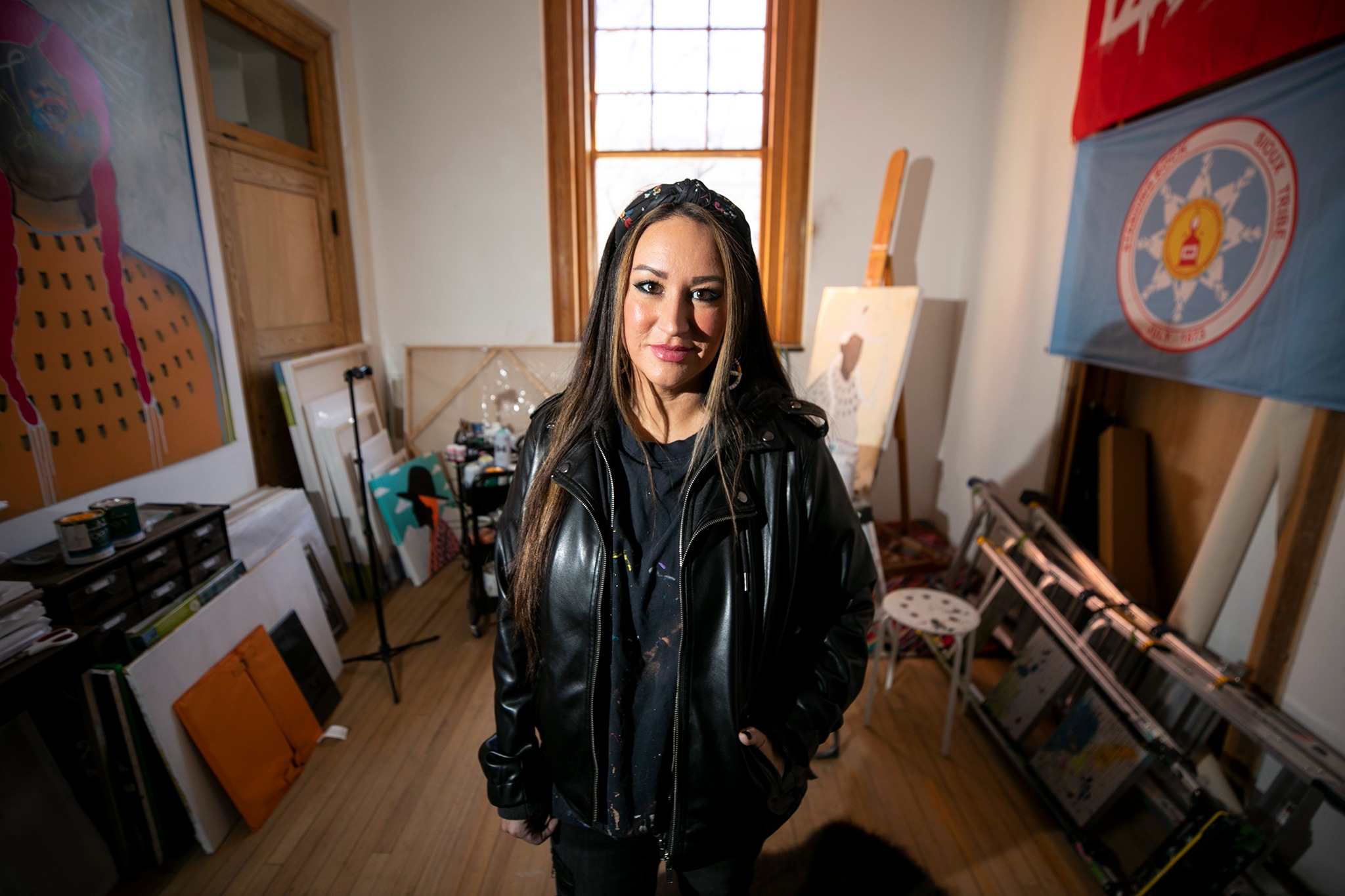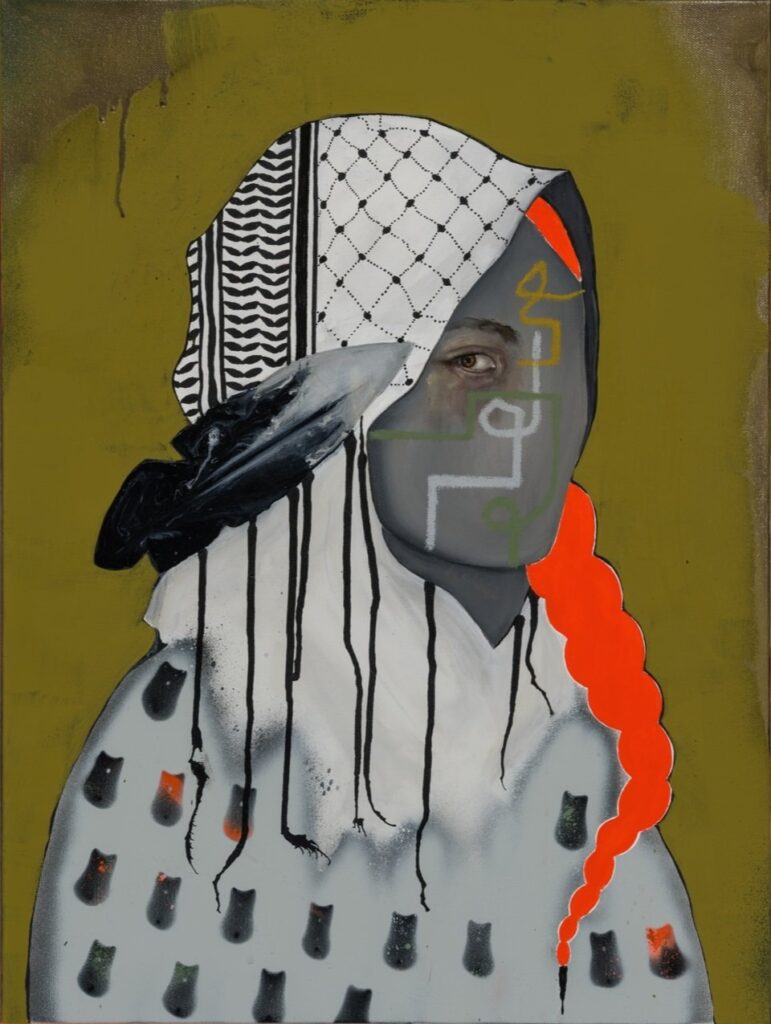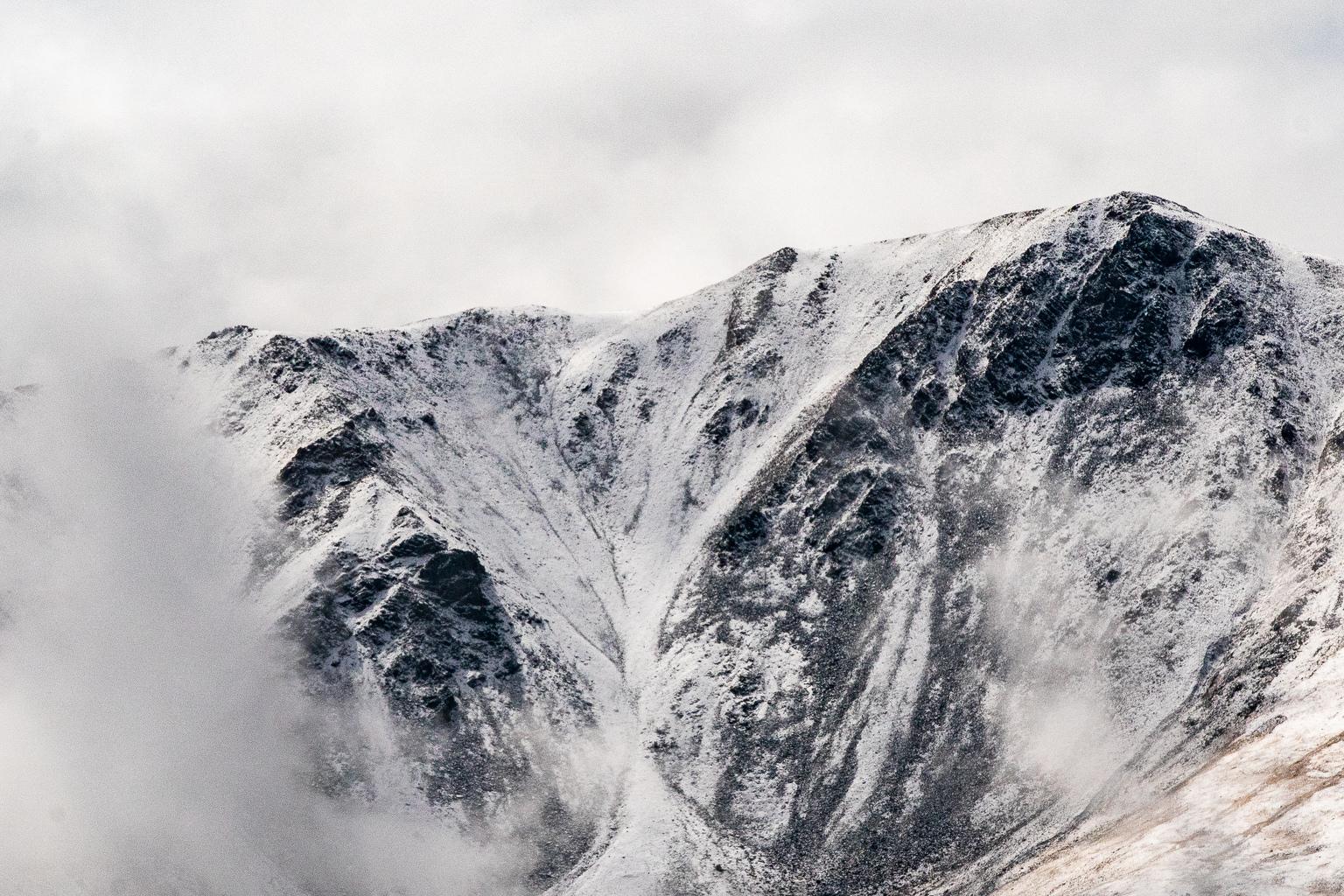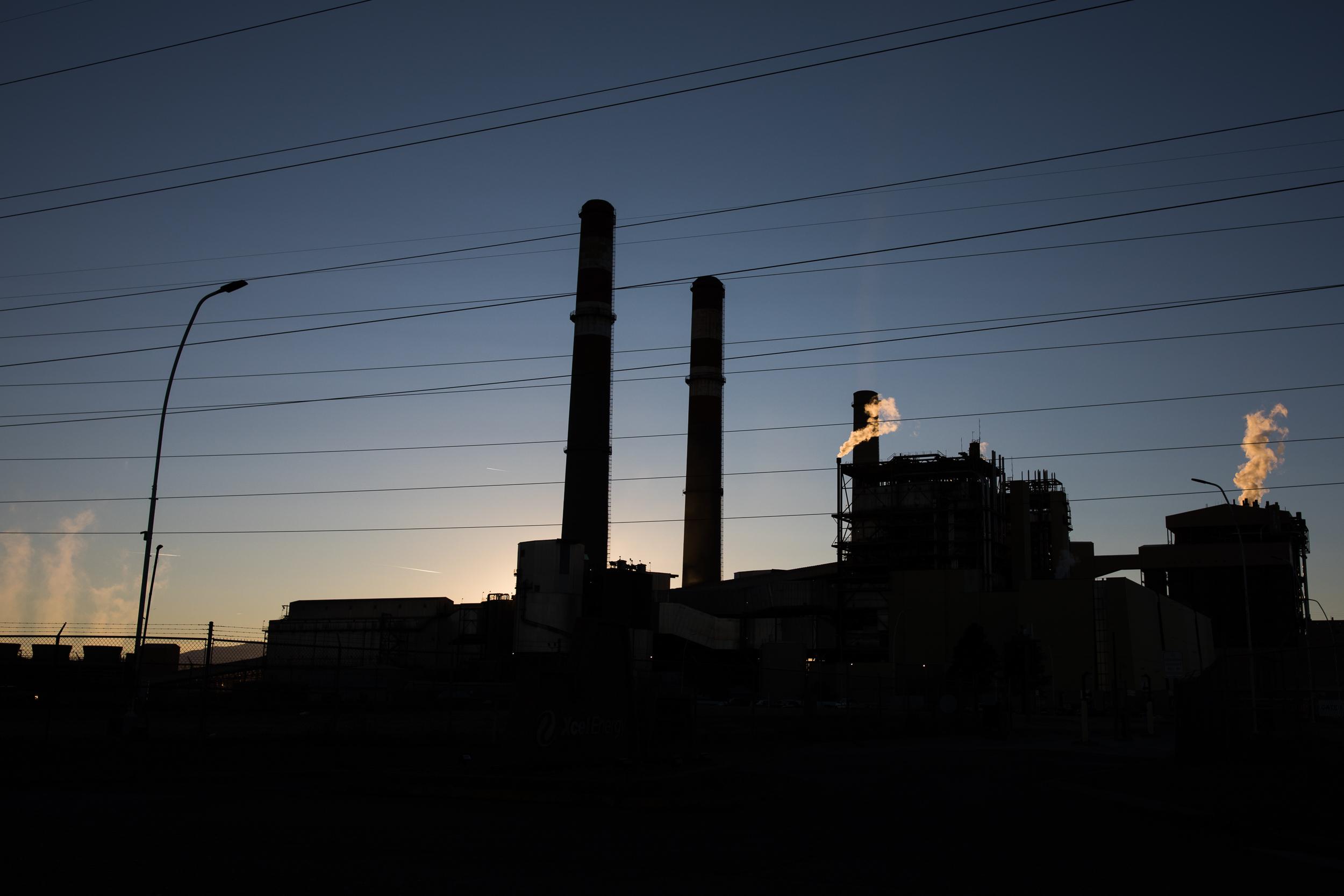
The town of Vail says they did not violate an artist’s constitutional right to free expression when they cancelled a residency program last summer following a pushback over the artist’s position on Gaza.
Danielle SeeWalker, a Húŋkpapȟa Lakȟóta artist and muralist, along with the ACLU, sued the town of Vail in October, alleging that the town’s decision to cancel her artist residency after community members expressed concerns over a pro-Palistinian Instagram post amounted to a violation her free speech rights.
The post, “G is for Genocide,” is an art piece that SeeWalker said draws parallels between Gazans and Native Americans. Prints of the piece sell online for $185.

In a response filed to the U.S. District Court for the District of Colorado on Friday, the town of Vail denied any wrongdoing.
“Wherefore, Defendant Town of Vail, Colorado, having fully answered the allegations in Plaintiff’s Complaint in full, respectfully requests this Court dismiss it in its entirety with prejudice, enter judgment in Defendant’s favor and against Plaintiff, and grant such other and further relief as this Court deems just and proper,” the response concludes.
In its 27-page response, the town concedes many of the facts laid out in SeeWalker’s version of events: that Vail’s Art in Public Places Board wanted to make SeeWalker their 2024 artist in residence, that the offer was communicated and then later pulled when community members voiced displeasure over an Instagram post made by SeeWalker.
However, the response to the suit claims that the residency program had not been formally offered at the time it was cancelled, and that a message from staff members to SeeWalker announcing her as the choice was premature.
“Defendant states the May 6, 2024, communication was sent in error because before any artist could be selected by the AIPP Board to participate in the Artist in Residency Program, the artist was required to present a proposal to the AIPP Board, have the proposal approved, and then enter into a contract with the Defendant. Defendant states none of these steps occurred respecting Plaintiff’s participation in the Artist in Residency Program,” the town argues in the filing.
The filing goes on to request a jury trial, should the case reach that point, and says that any damages alleged by SeeWalker “were proximately caused by her own conduct or the conduct of others and not by reason of any unconstitutional or other action by Defendant.”









